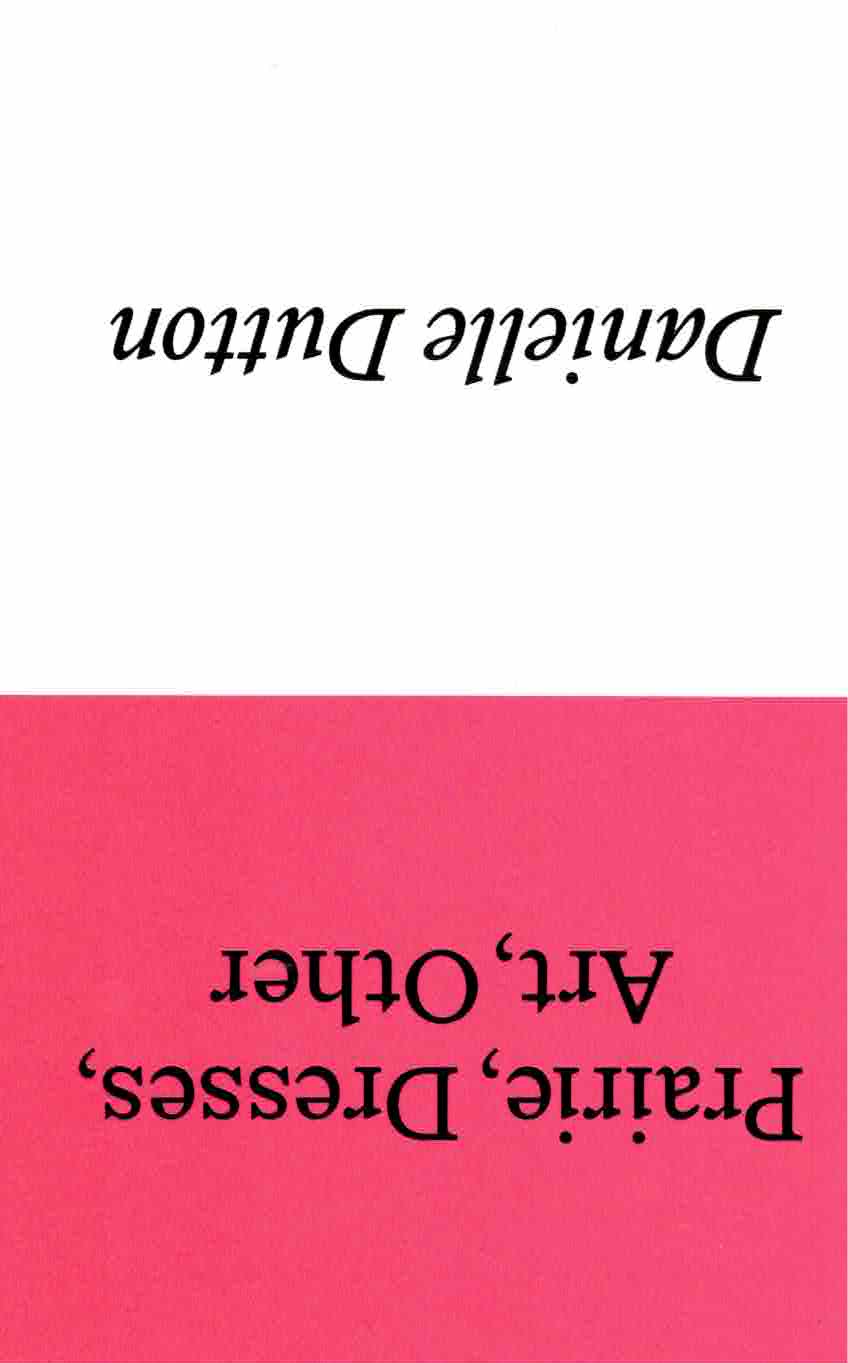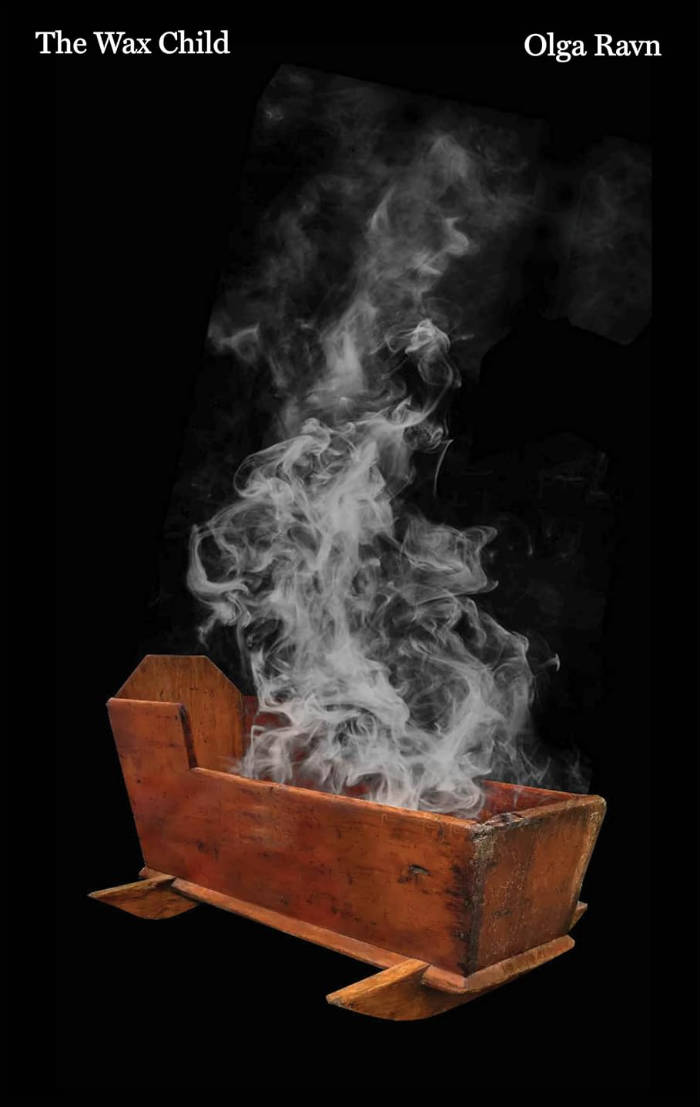
Pleasure Beach
Pleasure Beach is a queer love story from the North West’s saucy seaside paradise, Blackpool, on one day: 16 June 1999. Written in multiple voices and styles, Pleasure Beach follows the interconnecting journeys and thoughts of three young women over the course of 24 hours and over 18 chapters which are structured and themed in the same way as James Joyce’s Ulysses.
Hedonist and wannabe playwright Olga Adessi, 19, is struggling along the prom to get to her morning shift at the chippy with a monstrous hangover, trying to remember exactly what happened with Rachel Watkins, 19, a strange and fragile girl she had an encounter with the night before. Former gymnast and teenage mum Treesa Reynolds, 19, is off to the Sandcastle Waterpark with her mum Lou and daughter Lulu, looking forward to a sausage and egg McMuffin on the way.
Pleasure Beach breathes and exhales the unique sea air, fish and chips, donuts and candyfloss scents of Blackpool, bringing to life everything the town is famous for, portraying the gritty magic and sheer unadulterated fun of the city and its people across a spectrum of sensory experiences and emotions.







